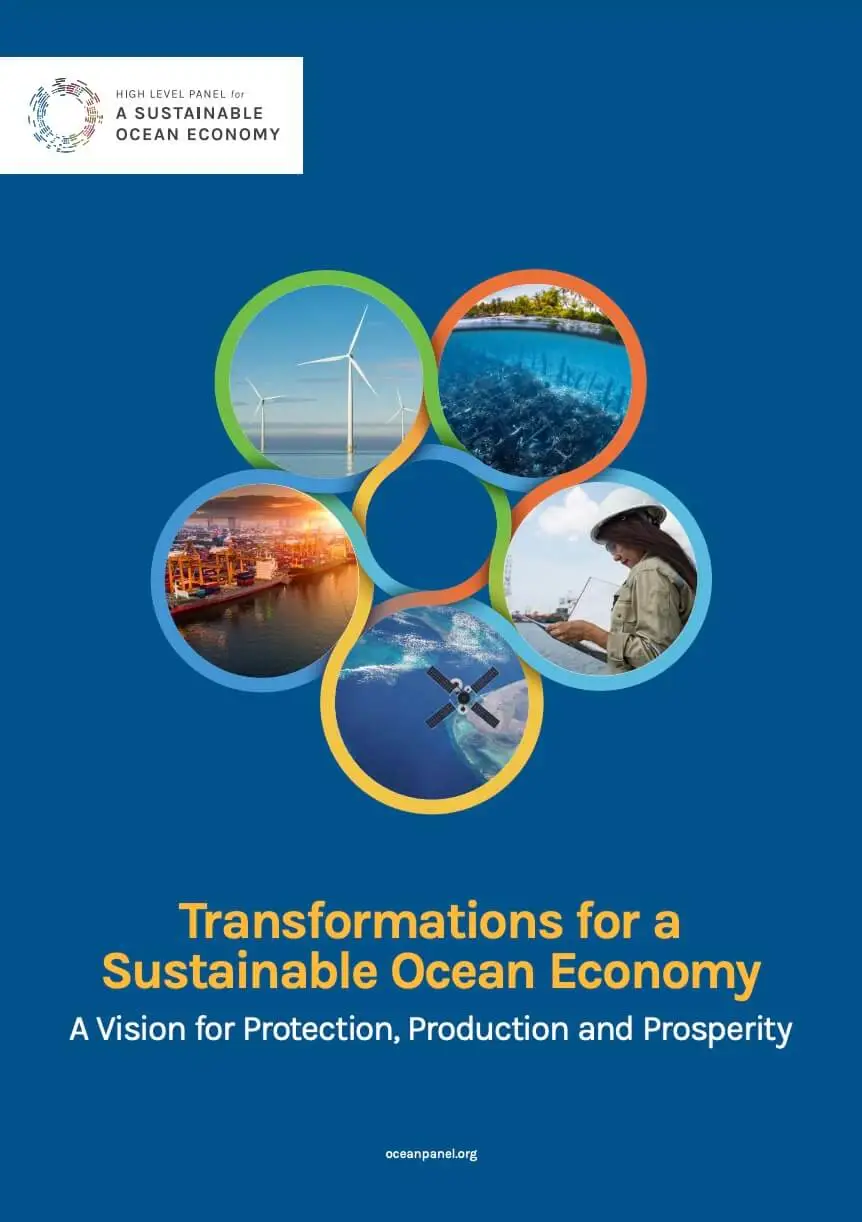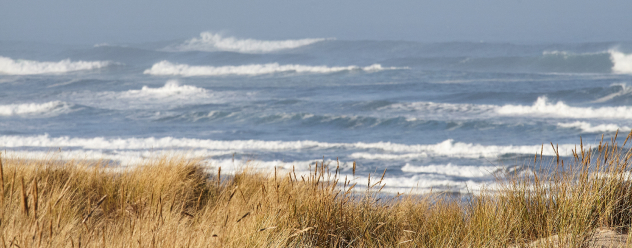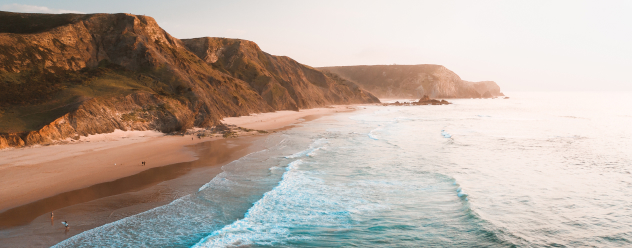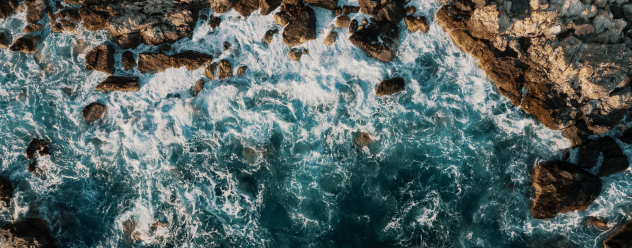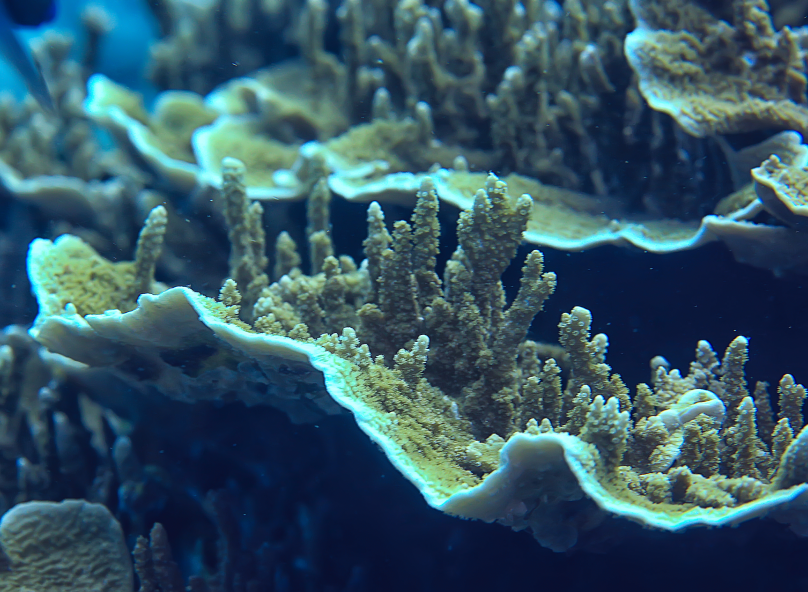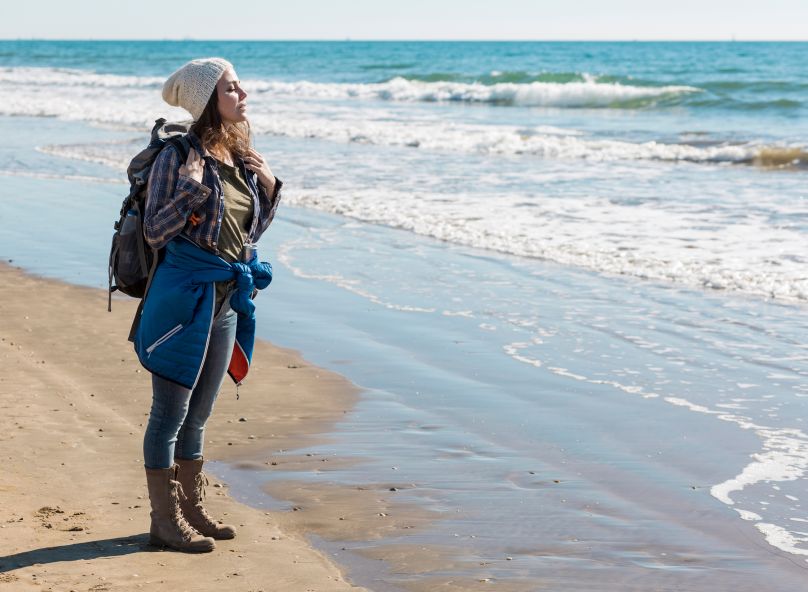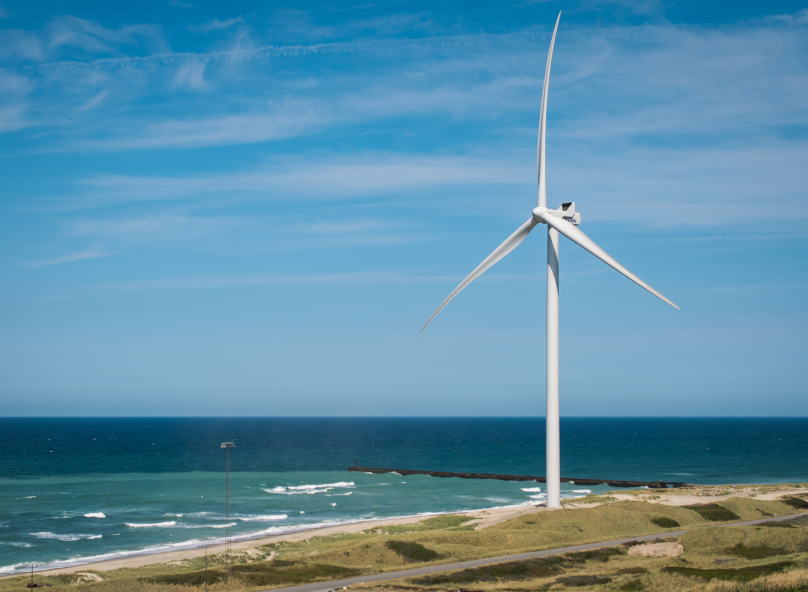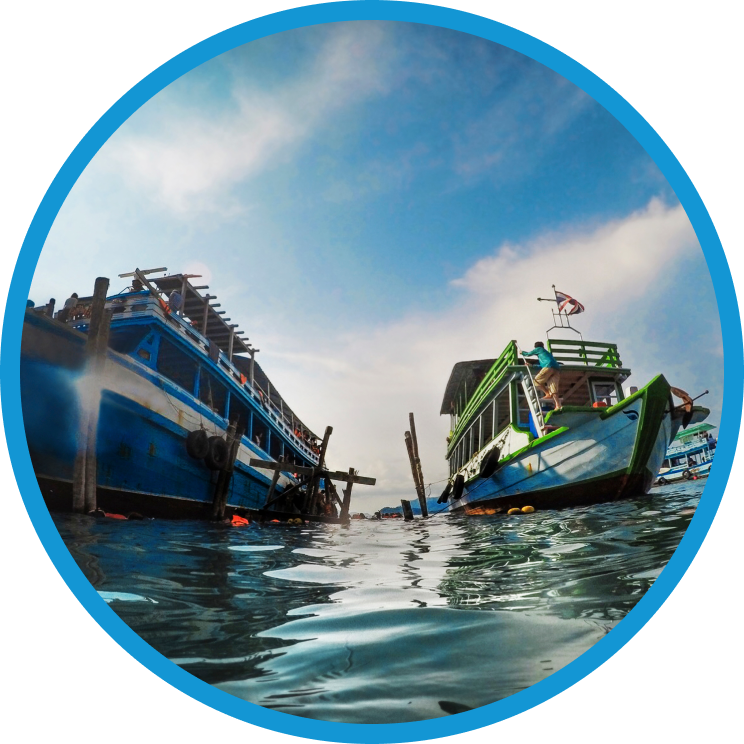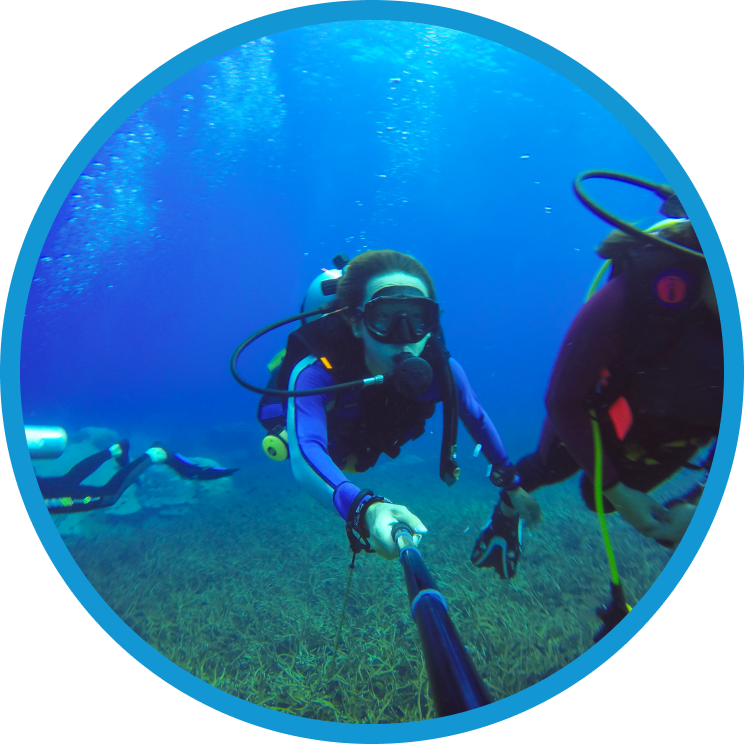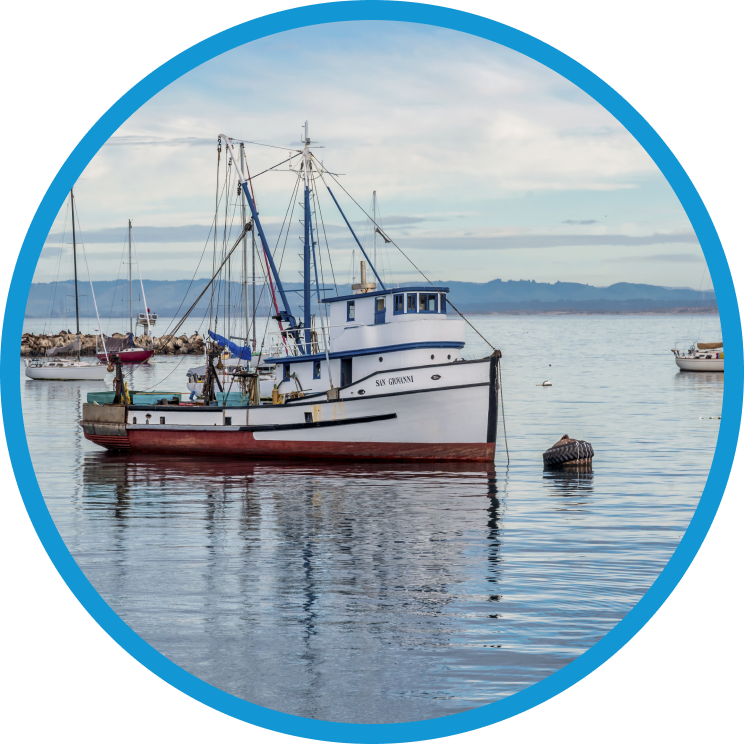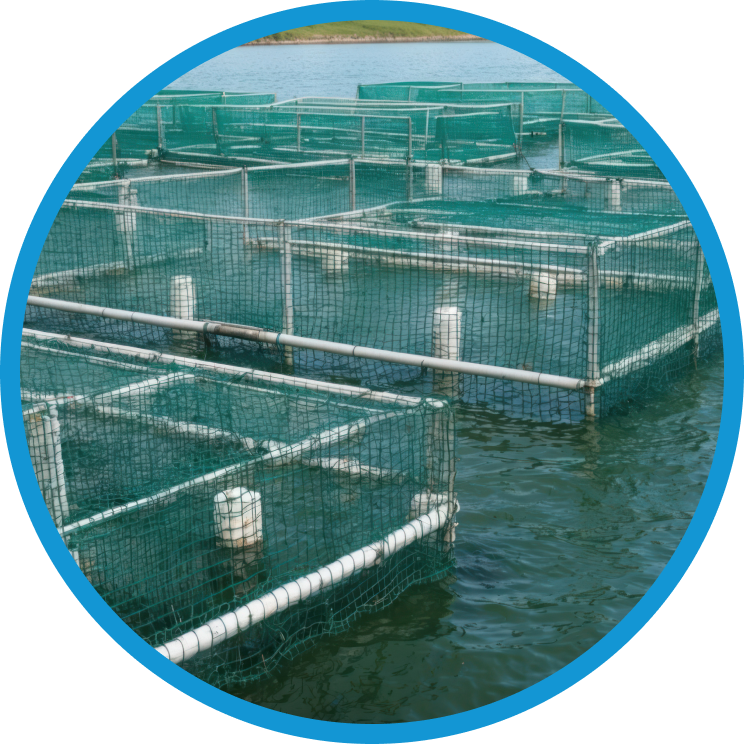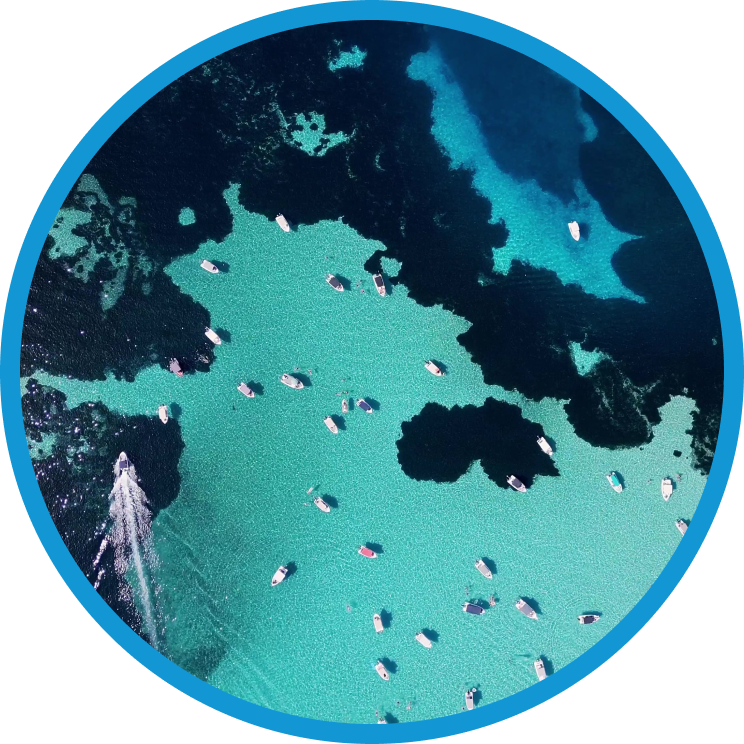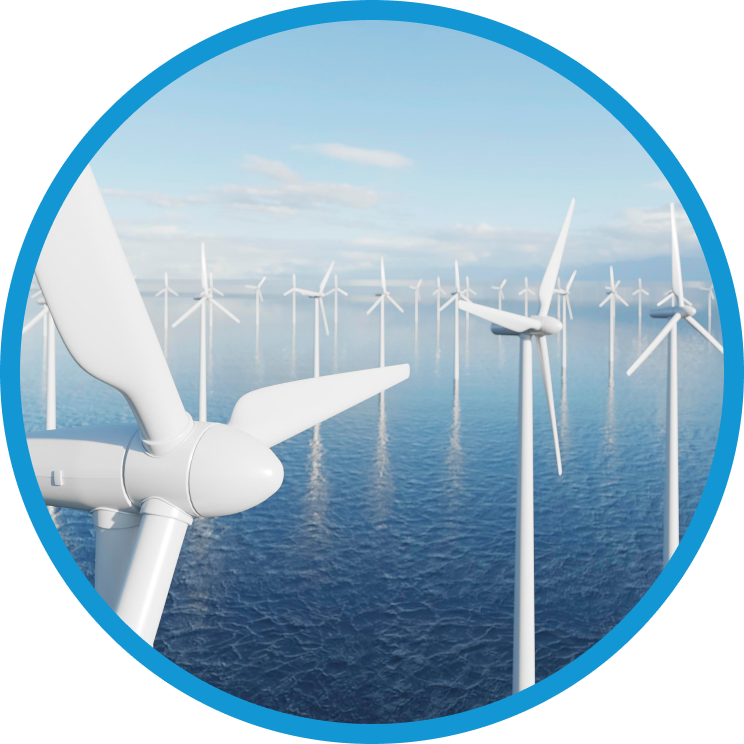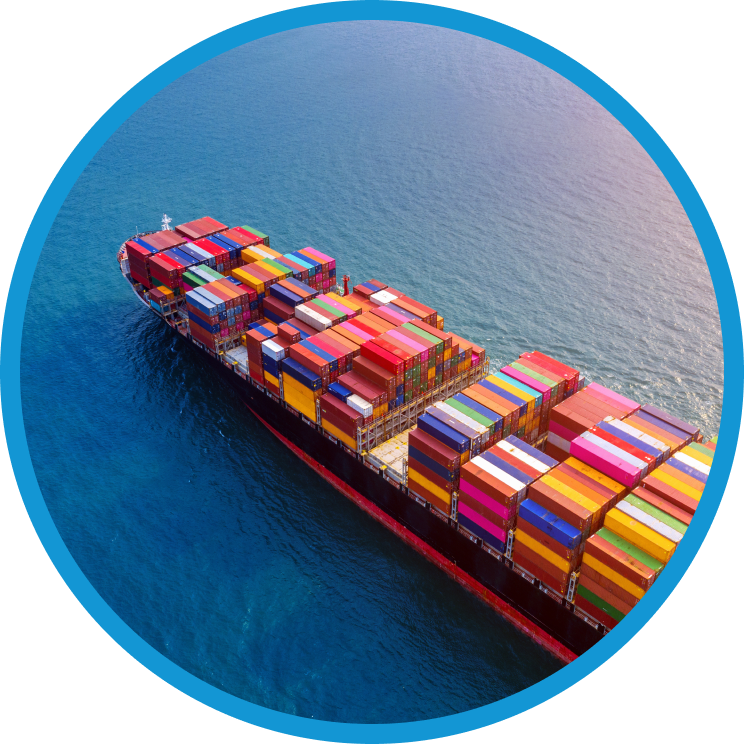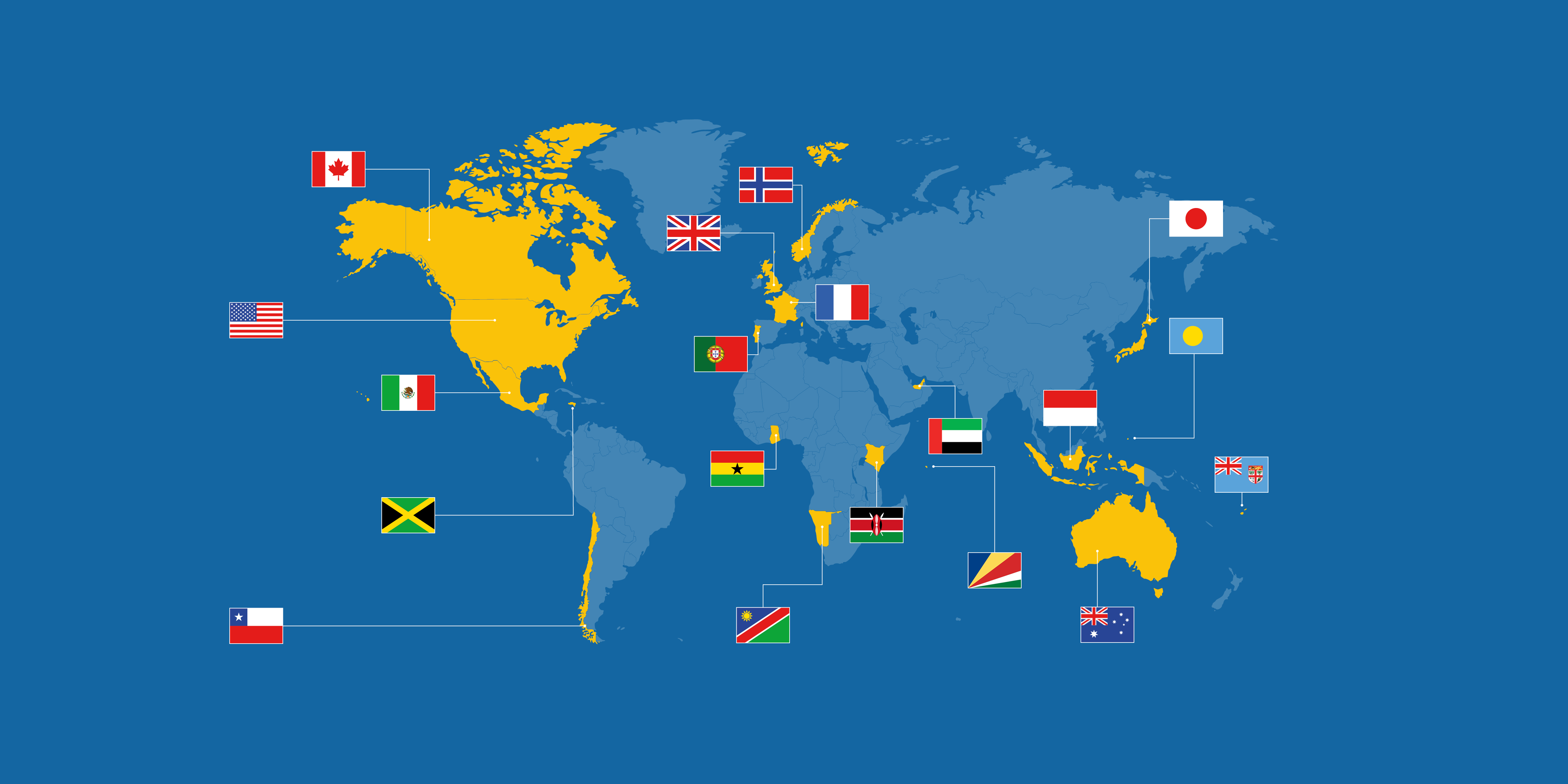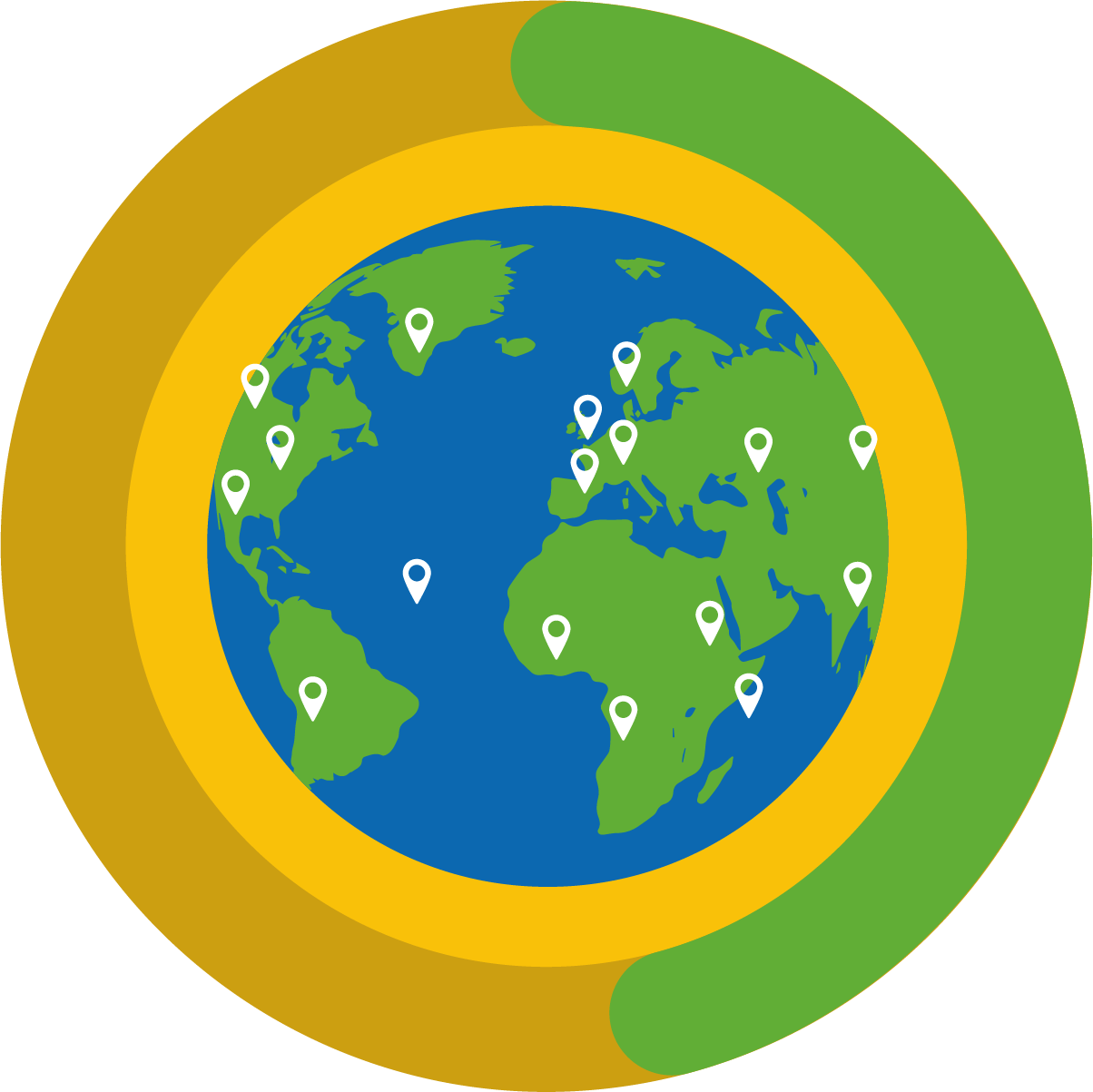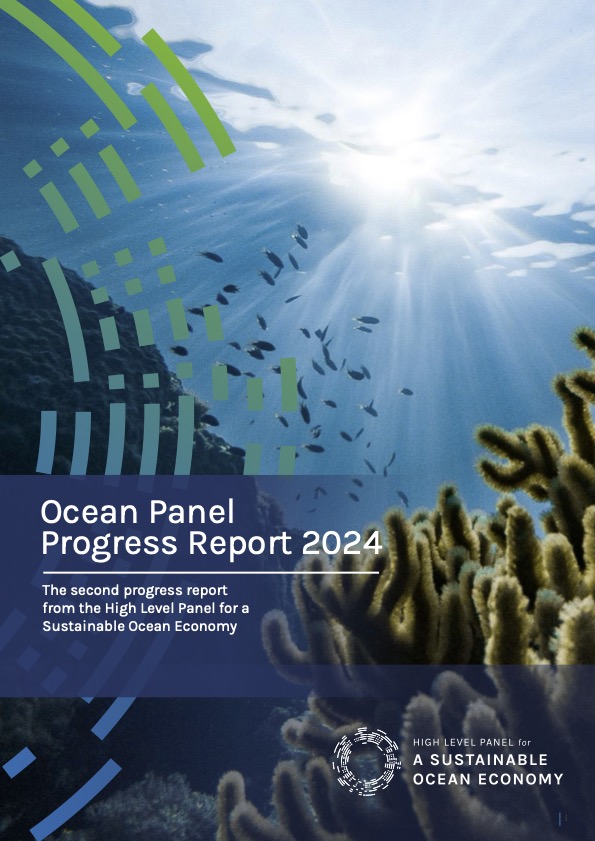Le programme d'action du Panel Océan, Transformations pour une économie océanique durable, published in 2020, charts a course towards achieving protection, production and prosperity through transformations across five areas including richesse de l'océan, santé des océans, équité océanique, connaissance de l'océan, et financement des océans.
It presents a framework with 14 outcomes for 2030 within the five pillars and 74 priority actions to achieve them. While Ocean Panel members have not individually committed to achieving all 74 priority actions, recognising different national contexts, they have committed to deliver on the 2030 outcomes.
A central tenet of this agenda is a commitment to 100% sustainable ocean management and for each country to develop and implement a Plan Océan Durable (SOP) within five years of joining the Ocean Panel.

